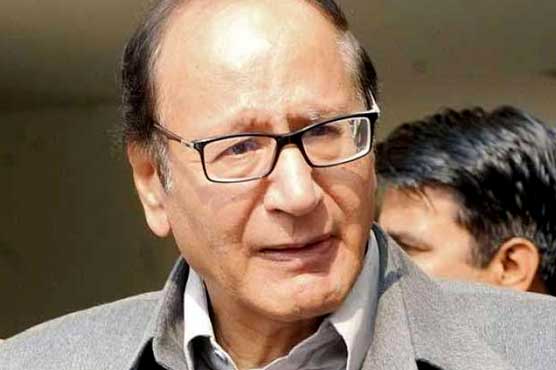On 27th February 2002, a train coach carrying Hindu pilgrims caught fire in Godhra station in Gujarat, which was said to be an accident by independent observers. Fifty-eight Hindu pilgrims died who were returning from Ayudhya, a venue where Babri Masjid was demolished in December 1992. It had all started with the rumors that Muslims had set afire the train coach. Within hours and without a shred of evidence, Narendera Modi had declared that the Pakistani secret services were involved; he then had the charred bodies paraded in the main city of Ahmedabad and had let his own party support a state-wide strike for three days. What followed was mass bloodshed: 1,000 dead on official estimates; more than 2,000 by independent tallies. The vast majority of those who died were Muslim. Mobs of men dragged women and young girls out of their homes and raped them.
In 2007, the investigative magazine Tehelka recorded boasts from some of the ringleaders. One, Babu Bajrangi, boasted of how he slit open the womb of a pregnant woman. Indian state of Gujarat was governed by then chief minister Narendra Modi, which witnessed one of the country’s biggest pogroms. The riots flared up again on 15 March; killing, raping and looting continued until mid-June. More than 2,000 Muslims were murdered, and tens of thousands rendered homeless in a planned and coordinated attacks. The killers were reportedly in touch with police and politicians and were provided protection. According to the 2011 Amicus report, two cabinet ministers even sat in police control rooms, and Narendra Modi explicitly instructed civil servants and police not to stand in the killers’ way. Special police squads were called from Punjab, who had the experience of controlling the Sikh rebellion through use of brutal force.
A senior police officer’s sworn statement to India’s Supreme Court in 2011 had alleged that Gujarat Chief Minister Narendra Modi deliberately allowed anti-Muslim riots in the state. Sanjiv Bhatt said he attended a meeting at which Narendra Modi said that the Hindus should be allowed to vent their anger. Sanjiv Bhatt was a senior police officer in the Gujarat intelligence bureau during the 2002 riots. In a sworn statement to the Supreme Court, he said that his position allowed him to come across large amounts of information and intelligence both before and during the violence, including the actions of senior administrative officials. He also alleged that in a meeting in the night before the riots, Narendera Modi told officials that the Muslim community needed to be taught a lesson following an attack on train carrying Hindu pilgrims. This speaks volumes of Modi’s hatred against Muslims.
The pogrom was extensively televised by India’s TV channels. Many Indians were shocked to hear how even the very young had not been spared – the slayers of Muslims were seen smashing the heads of children against rocks. In a sting carried out in 2007 by the weekly magazine Tehelka, politicians, businessmen, officials and policemen were caught on tape, delightedly recalling how they murdered and raped Muslims with the blessings of their superiors. Anyhow, coordinated attacks on Muslims soon followed. Some 98,000 people were displaced in Gujarat by the 2002 riots that were put up in relief colonies. Following the initial incident there were further outbreaks of violence in Ahmedabad for three weeks; statewide, there were further outbreaks of mass killings against the minority Muslim population for three months. Some commentators held the view that the attacks had been pre-planned and well-orchestrated, and that the attack on the train was stage-managed.
In February 2011, the trial court convicted 31 people and acquitted 63 others based on the murder and conspiracy provisions of the Indian Penal Code, saying the incident was a pre-planned conspiracy. The death penalty was awarded to 11 convicts; twenty others were sentenced to life imprisonment. Despite substantial evidence of state’s backing, in 2012 Narendra Modi was cleared of complicity in the violence by a Special Investigation Team (SIT) appointed by the Supreme Court of India. The SIT also rejected claims that the state government had not done enough to prevent the riots. Twenty-four people were found guilty of massacring Muslims during the 2002 religious riots that tore through Gujarat, a state then led by Narendra Modi, who is now India’s prime minister. Last month, India’s Supreme Court granted bail to 14 convicts sentenced to life imprisonment in a case that involved the massacre of 33 Muslims during 2002 communal riots in the western Indian state of Gujarat.



